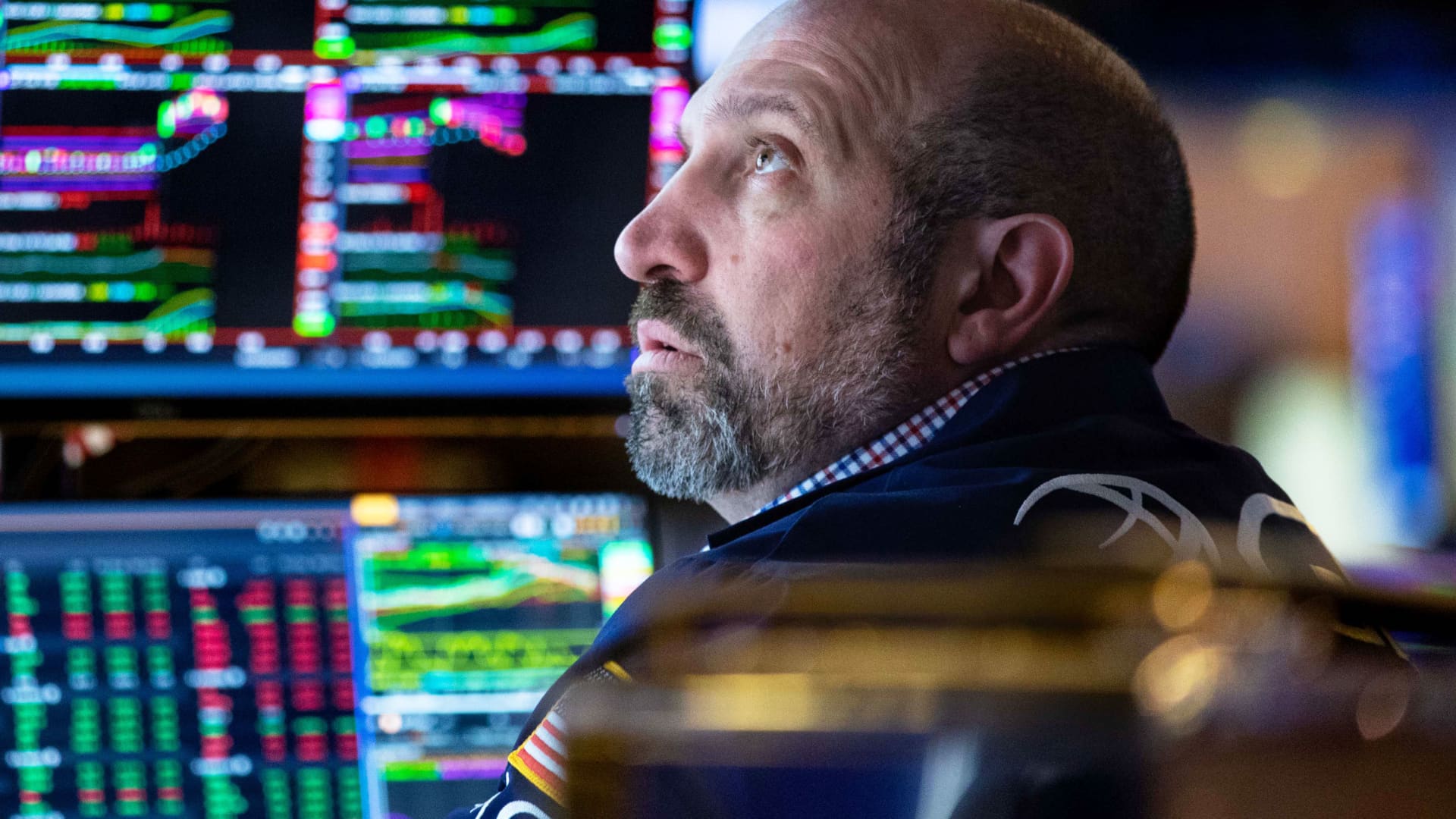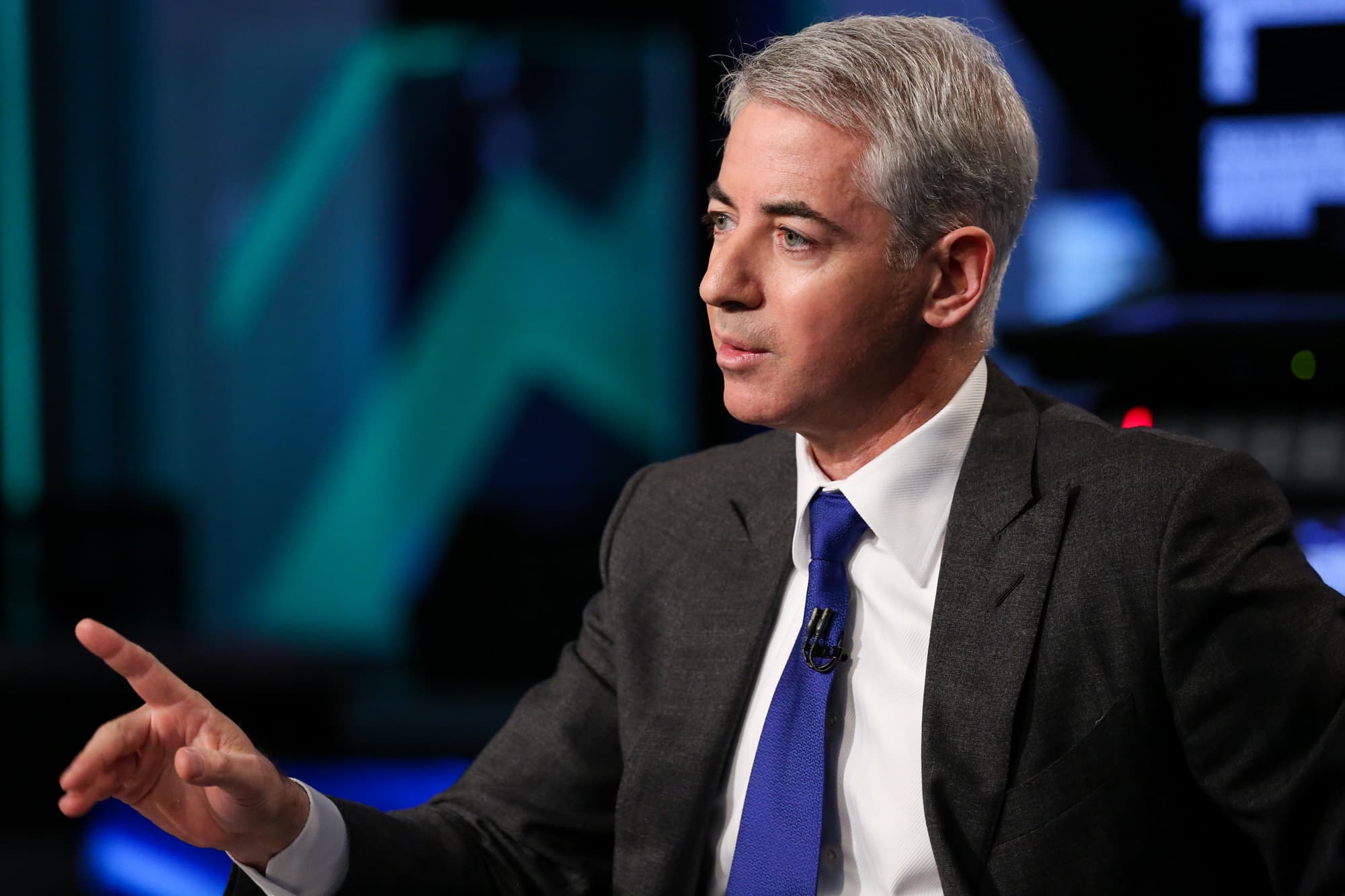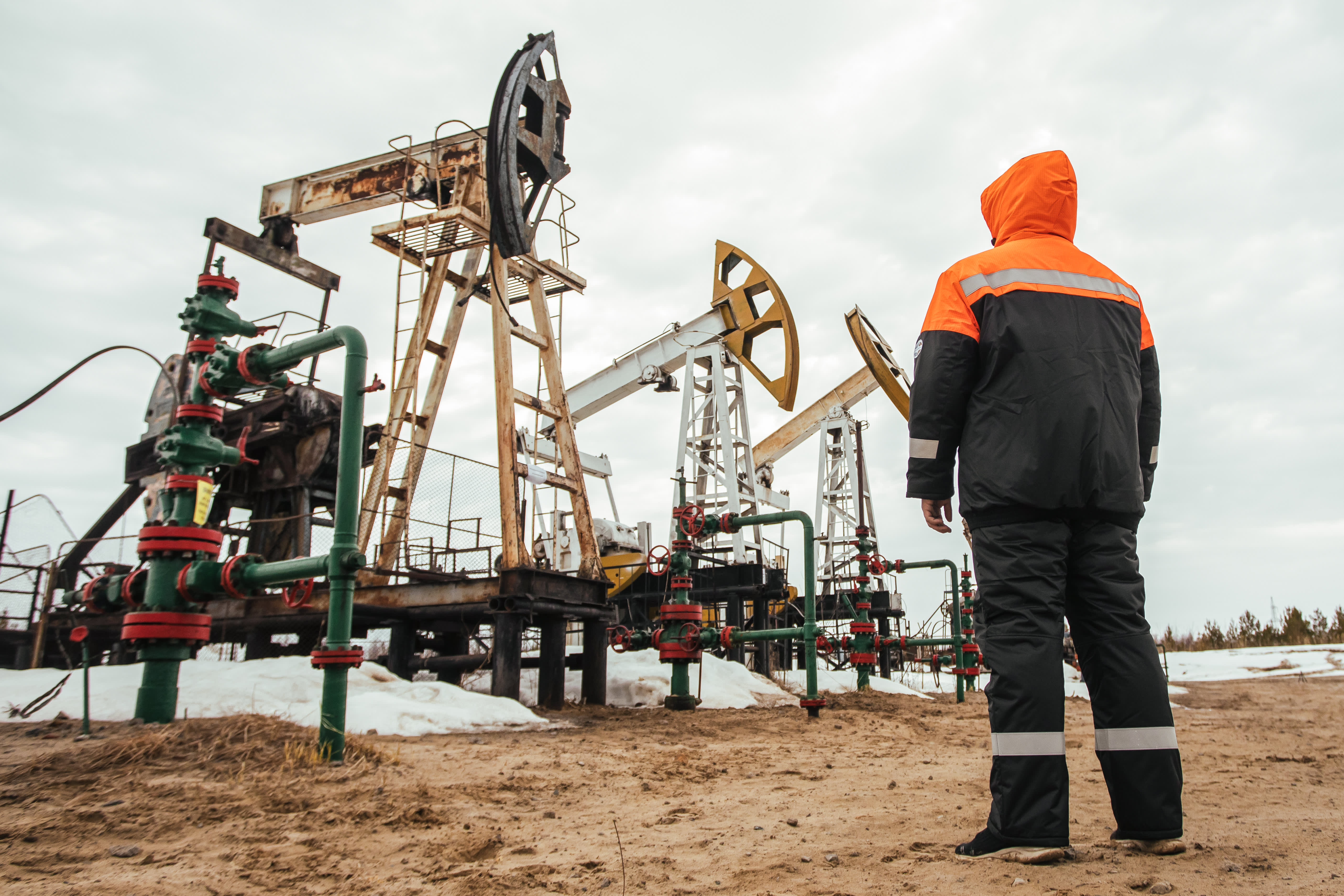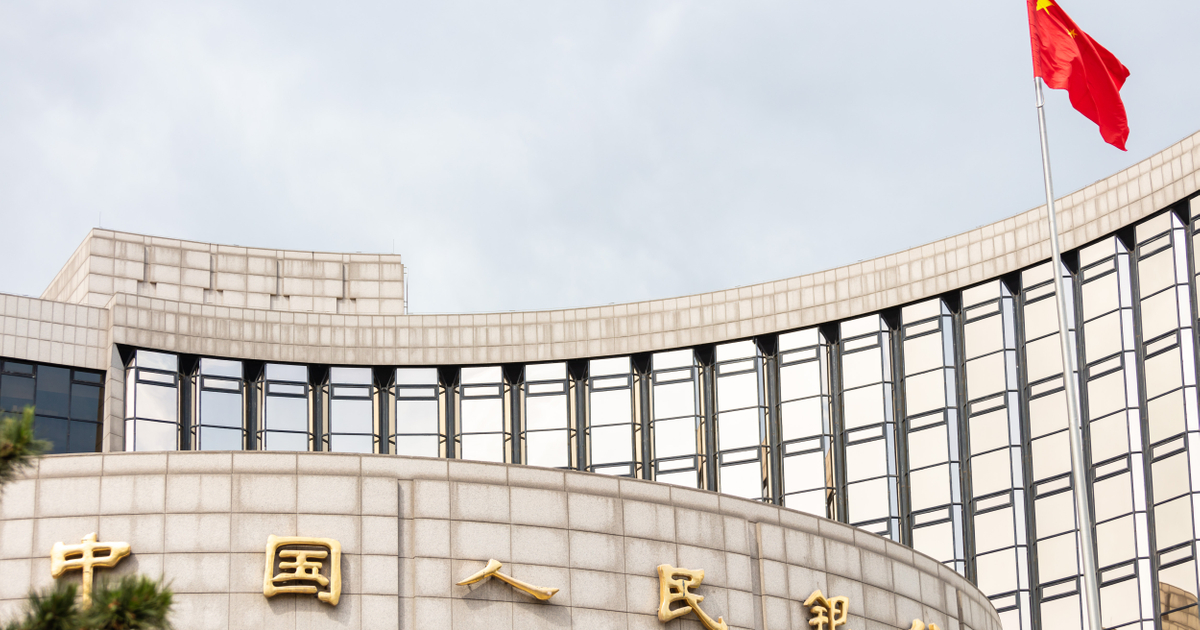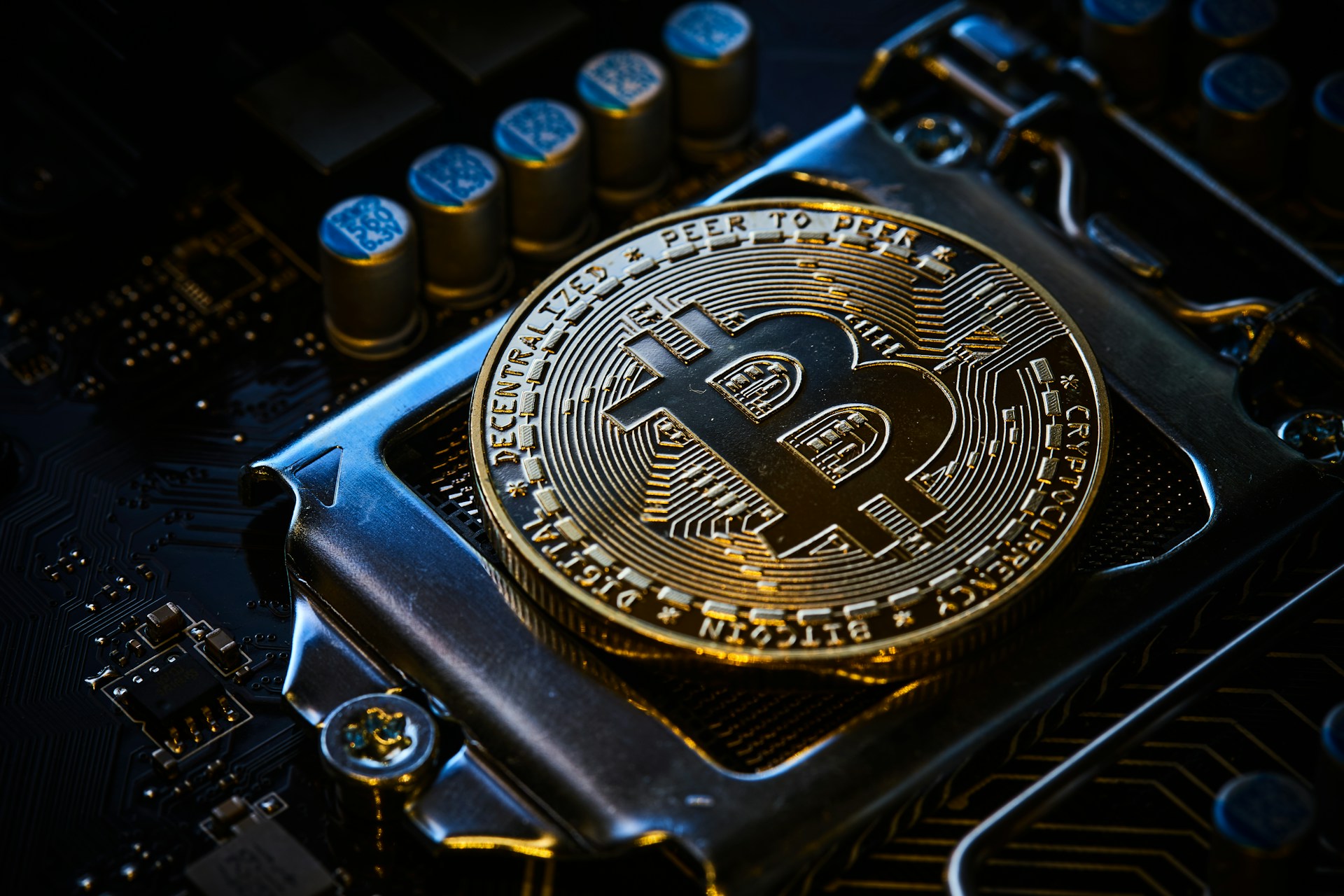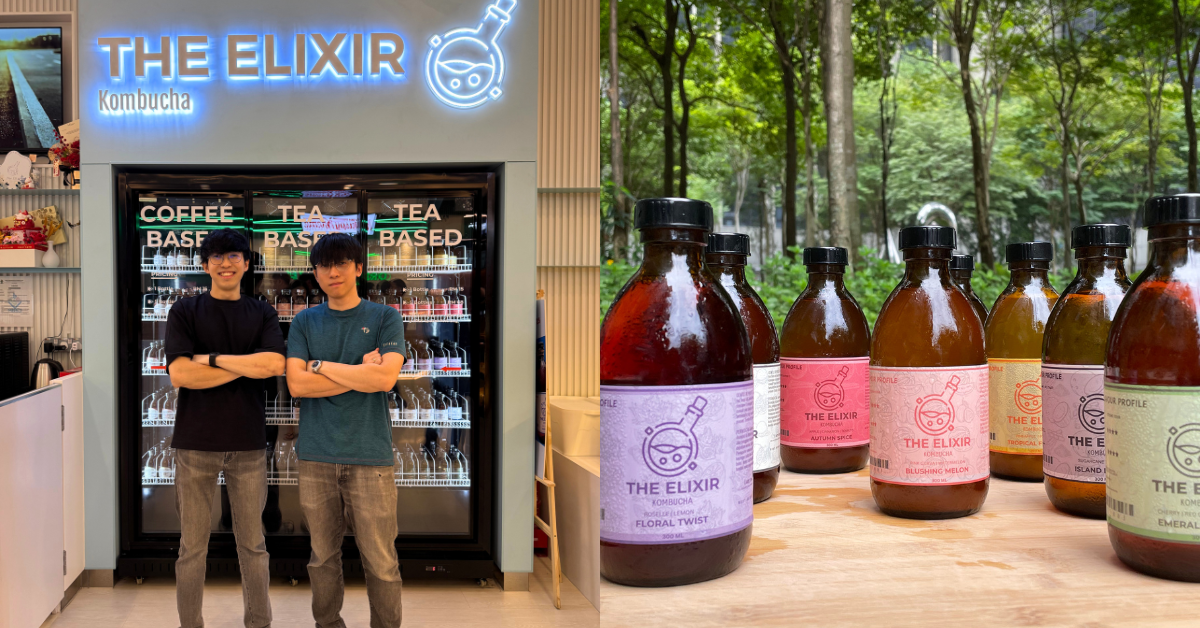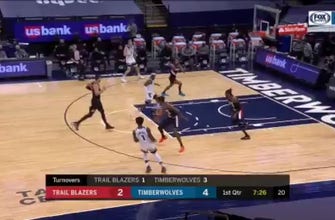Hong Kong's property prices won't pop any time soon. Here's why
Hong Kong leader John Lee this week eased the city's decade-old residential property cooling measures — but will it be enough to boost market sentiment?
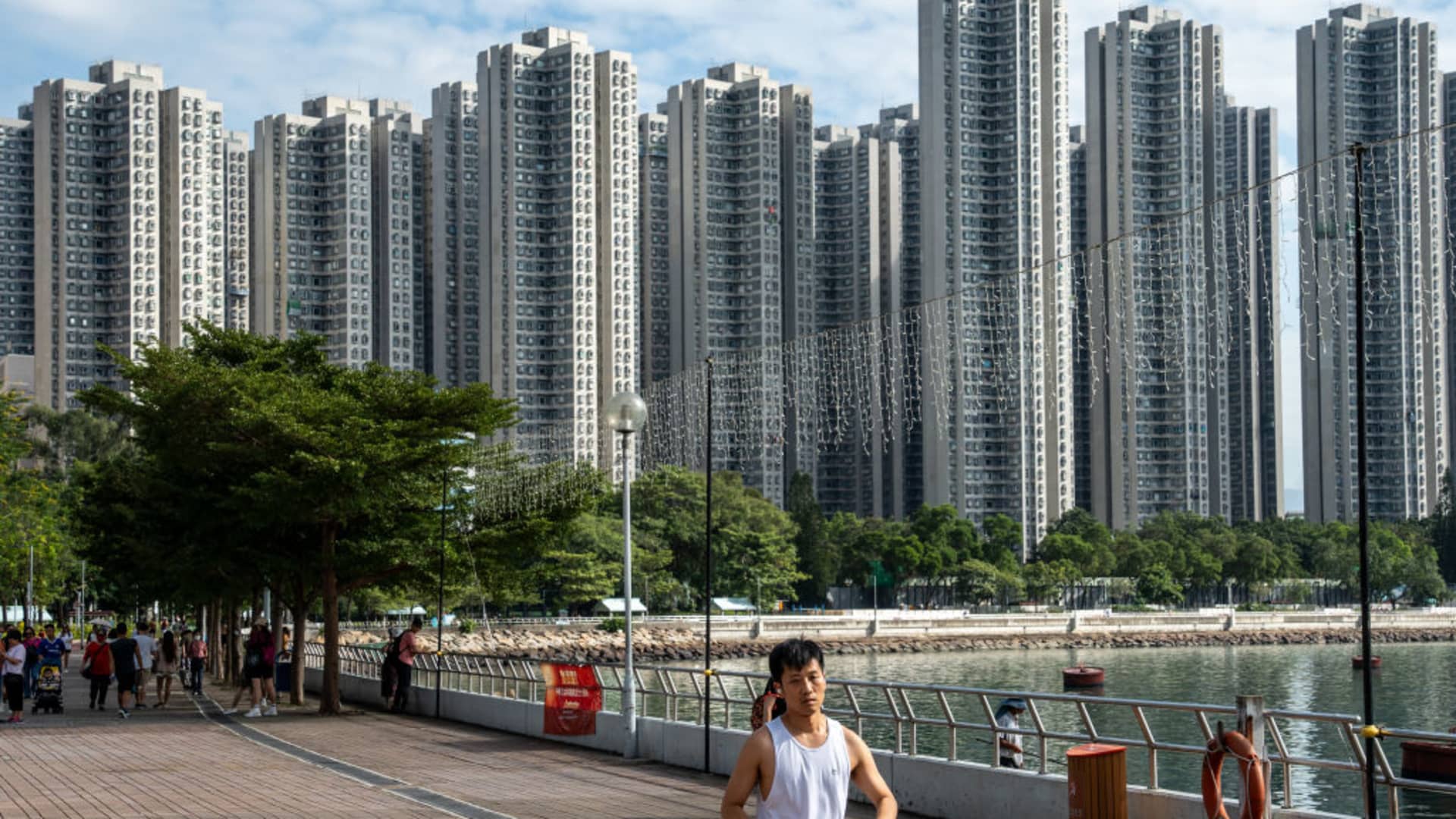
Residential buildings in Hong Kong, China on October 23, 2023.
Vernon Yuen | Nurphoto | Getty Images
Hong Kong's leader John Lee this week eased the city's decade-old residential property cooling measures — but questions remain on whether it's enough to boost market sentiment and low transaction volumes for the private housing sector.
"Although relaxation of property restrictions was highly anticipated, the BSD [buyers' stamp duty] cut from 15.0% to 7.5% surprised us; the other relaxations were in-line," Citi's Ken Yeung wrote in a note.
He doesn't expect the move to reverse downward trend in Hong Kong's property prices as interest rates remain high.
According to data from real estate agency Midland Realty, the second-hand property market average turnover ratio between 2017 and 2023 stands at 3.7%. That's compared with 8.7% before the cooling measures took effect in 2010.
Buggle Lau, chief analyst at Midland Realty told CNBC the average turnover ratio in 2022 to 2023 are at historic lows, as property prices have corrected down by nearly 20% since their peak in August 2021.
He expects the policy address will give property prices "a chance to stabilize" and for volumes to pick up.
For the market to fully recover, both in terms of price and volume, interest rates will have to come down next year, the property analyst said.
He expects a further 5% downside on prices in the first half of next year should there be a rate cut.
Homeowners' struggles
Hong Kong homeowner KC Mok has been trying to sell his apartment before his family immigrates at the end of the year — a popular reason for people selling their property in recent years.
The 41-year-old told CNBC that his 707 sq. ft. 3-bedroom apartment is currently listing at $9.5 million Hong Kong dollars ($1.21million), 20% lower than his purchase price in 2019.
He said many people have been viewing his place, but the only offer he received so far is a mismatch.
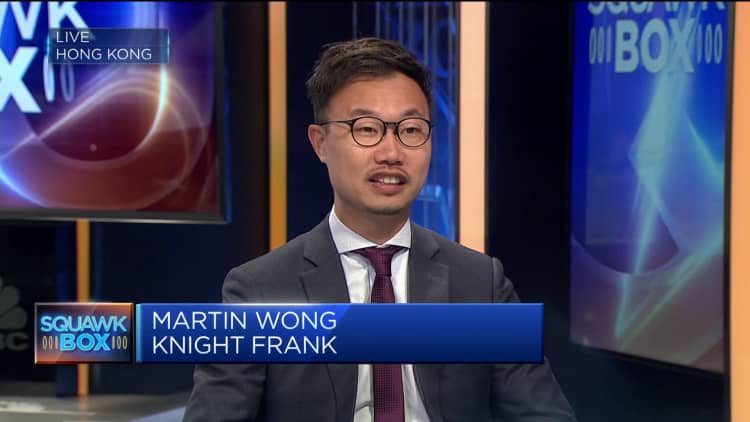
"Now when we come to selling the apartment, we found that the value of the apartment [is] already like $2 million dollars less, so a little bit depressed but we have to leave so it's the timing maybe," Mok said, acknowledging that the latest cooling measures "will help a little bit" for his situation.
Meanwhile, 33-year-old Kitty Yiu considers herself "lucky" as she sold her apartment and started renting in February, just before property prices fell and interest rates rose.
Yiu gave birth to her firstborn earlier this year and needed a bigger home to accommodate her growing family.
"To be honest, we are still in a struggle to see whether we should buy a new flat, like to buy a flat again," she said.
"I think the price at this moment is still high, even if it's having a downward trend, but for me I think it's still overpriced," said Yiu who doesn't think the latest policy relief would increase her appetite to purchase a house.
Unlike Mok and Yiu, Eugene Law faces the struggle of rising mortgage rates as a new homeowner.
Together with his mother, Law, who is 30, purchased a flat at pre-construction in 2021 and moved in last year. His mortgage rate started at 1.9% and is currently at 3.375%. That means he needs to pay an additional HKD $6,000 ($767.09) per month for the interest, which he says makes him feel "so bad."
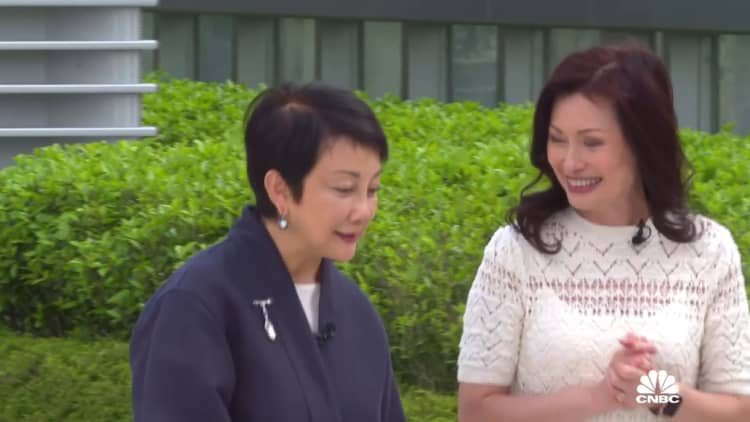
"[It was] unexpected … because I expected the HIBOR may rise but I didn't expect the prime rate will also rise, and also in a very high percentage."
Prospective homebuyers in Hong Kong can choose to peg their mortgage rate with HIBOR or prime rate – known as the "H Plan" and "P Plan." HIBOR refers to the interest rate for interbank borrowing, while prime rate is determined by individual banks.
In a low interest rate environment, the prime rate is usually the more popular choice as it is considered more stable, and easier for the mortgagor to make financial plans.
Despite regretting the timing of his purchase, Law said the latest easing of policy would not have affected the decision.
Risks for Hong Kong property
A recent report from UBS showed Hong Kong is the 6th overvalued city on their Global Real Estate Bubble Index. Zurich, Tokyo and Miami are the top three.
"Biggest risk [to Hong Kong's property market] will be [a] pro-longed high-rate environment, and hence further mortgage cost increase. Longer run will be geopolitical risk," said UBS's china property market Mark Leung in an email to CNBC.
While describing the current sentiment as "a bit weak," he expects the policy address would release sizable purchasing power from non-local expats who are waiting to become permanent residents.
With the second-hand market bid-ask spread remaining high and many homeowners not willing to sell their properties at a discount, Leung said he expects little room for property prices to reverse the downward trend.
For the primary market, he expects developers will now be more willing to cut prices in order to boost sales and "recycle cash, given higher interest rate environment."
"Price-wise should be muted, as we think developers may be aggressive in price setting, hence cap the price rebound potential," he added.

 Aliver
Aliver 








